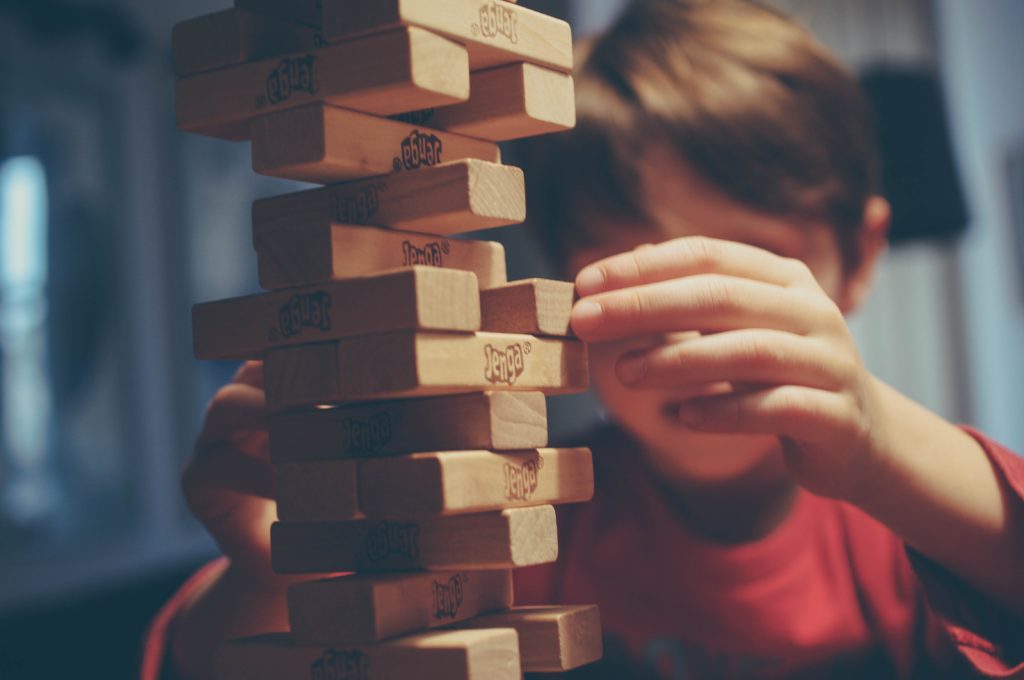Why is PLAY Important for Your Child’s Development?
“What did you do at school today?” asked Mom on the car ride home from preschool.
Ashley, the 4-year-old in the backseat answered, “I played with my friends!”
If this is your child’s usual response, FABULOUS!
Play is your child’s job.
Play is a vital part of your child’s job description. Through play, children explore their world and grow socially, cognitively, and emotionally. This happens through both free play and guided playtime. Play is considered a best practice according to the National Association of Young Children (NAEYC).
Teachers strategically plan for learning through free play and guided play with intentional activities prepared and centers available throughout the room for discovery. Each activity is thoughtfully designed as a learning experience with a specific outcome. The benefits of play-based programs are many.
Social Playtime offers children an opportunity to practice communication skills, learn to share, cooperate, resolve conflict, and build friendships. It’s a training ground for getting along with others.
Emotional While playing, children often act out emotions they are dealing with in life. This is a great time to help your child put words to feelings as well as guide in problem solving. Step in when necessary to assist your child in identifying his emotion.
Cognitive Play provides hands on experiences, allowing your child to experiment and try new activities. When a skill is mastered, it can be built upon for more difficult tasks or applied to other areas of learning. Children are multi-sensory learners, using all five senses to investigate and examine their world. Developmental psychologist Erik H. Erikson stated, “The playing adult steps sideward into another reality; the playing child advances forward to new stages of mastery.”
Think of how children play with one another. They most often play school, store, hospital, house; situations they see played out in real life. Watch their actions. Listen to their words. Children act out what they experience. They look to adults to model healthy interactions with others.
Play-based programs encourage social and emotional skill building. In providing natural and fun environments where children can choose activities and playmates, children practice social skills. They negotiate and resolve conflict, with adult guidance and independently. When young children share feeling with classmates and adults in behaviorally appropriate ways, they move toward self-control, expanded emotional vocabulary, and increase empathy for others. Play encourages children to develop healthy relationships.
Extend the learning experiences at home through playtime. It’s sometimes hard to resist the urge to fill up the family calendar with activities and classes for children. Instead, choose to play with your children or encourage them to play together! Unstructured free play, without Mom or Dad acting as cruise directors, fuels creativity. Children will come up with fabulous games and adventures. Play is a child’s work. Allow time and freedom for children to explore, Even if it gets a little messy it’s okay. The learning curve is tremendous; especially when children are given the opportunity to help with clean up too.
© 2017 Becky Danielson. All rights reserved.

